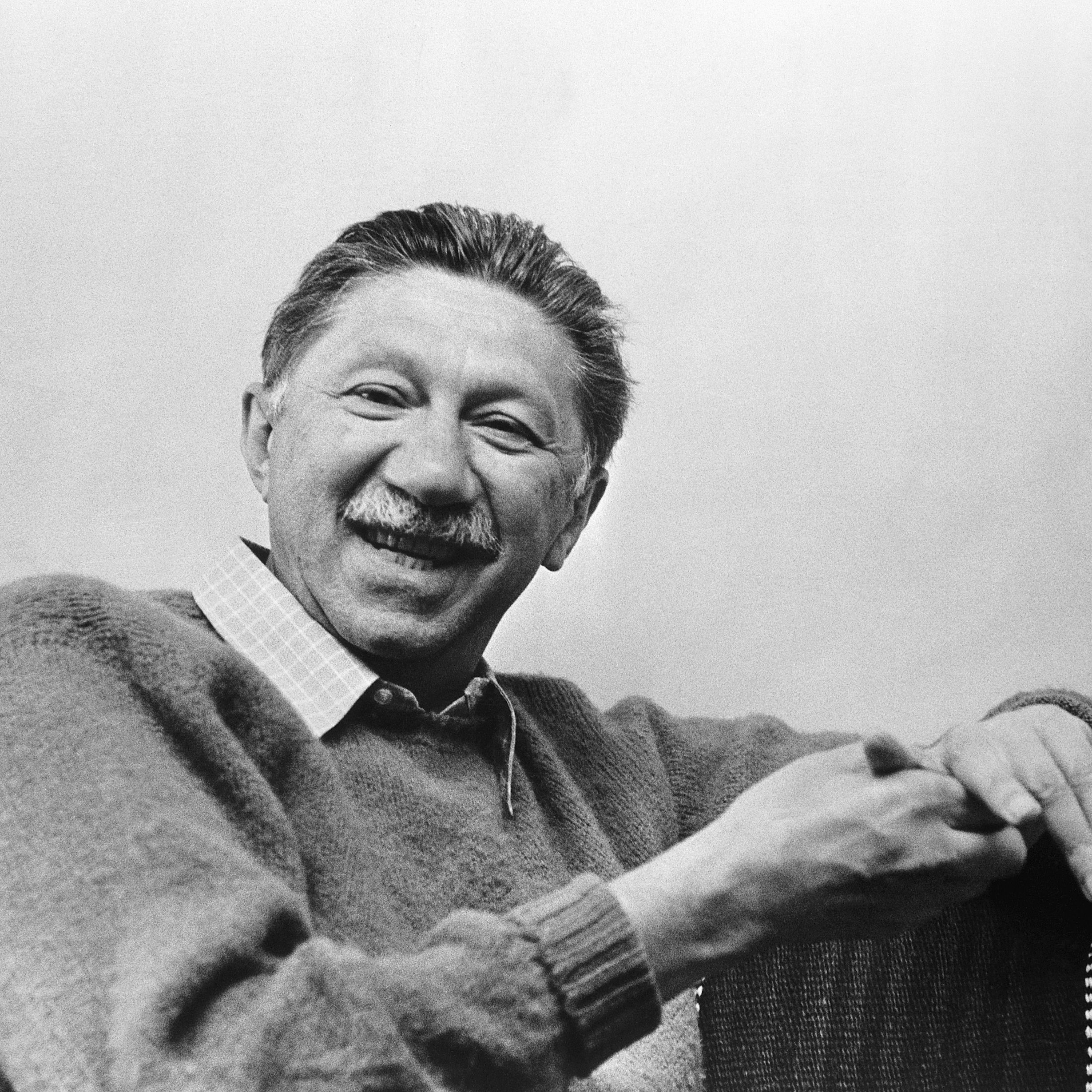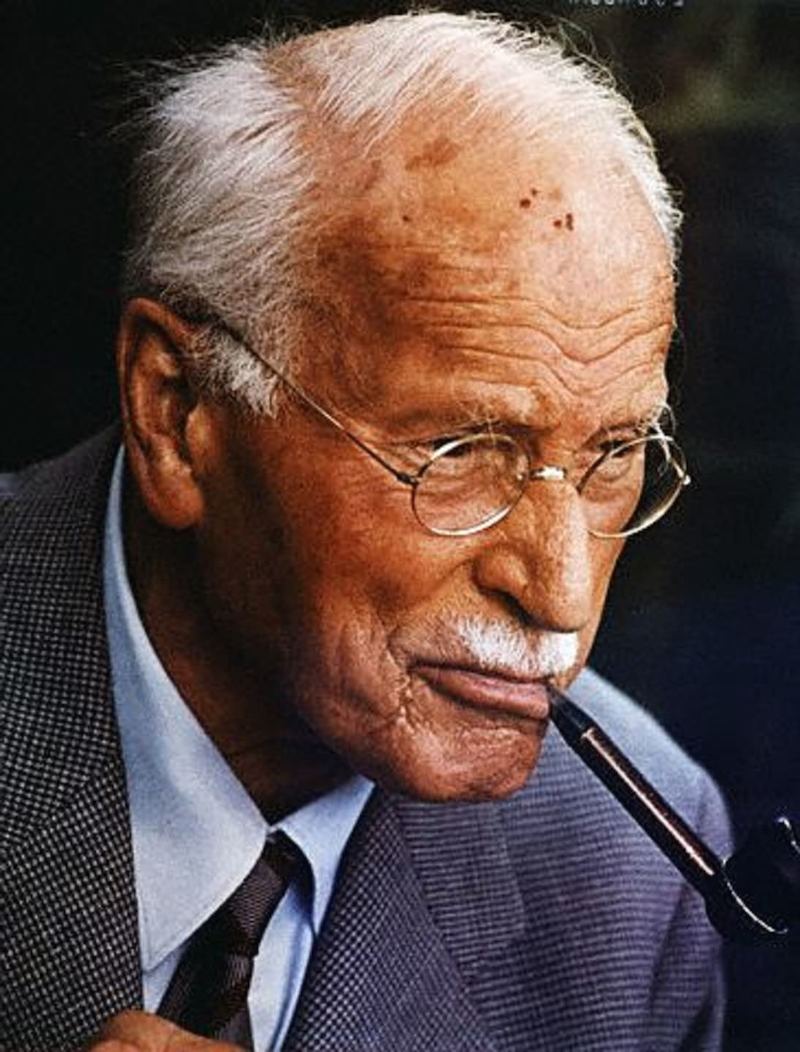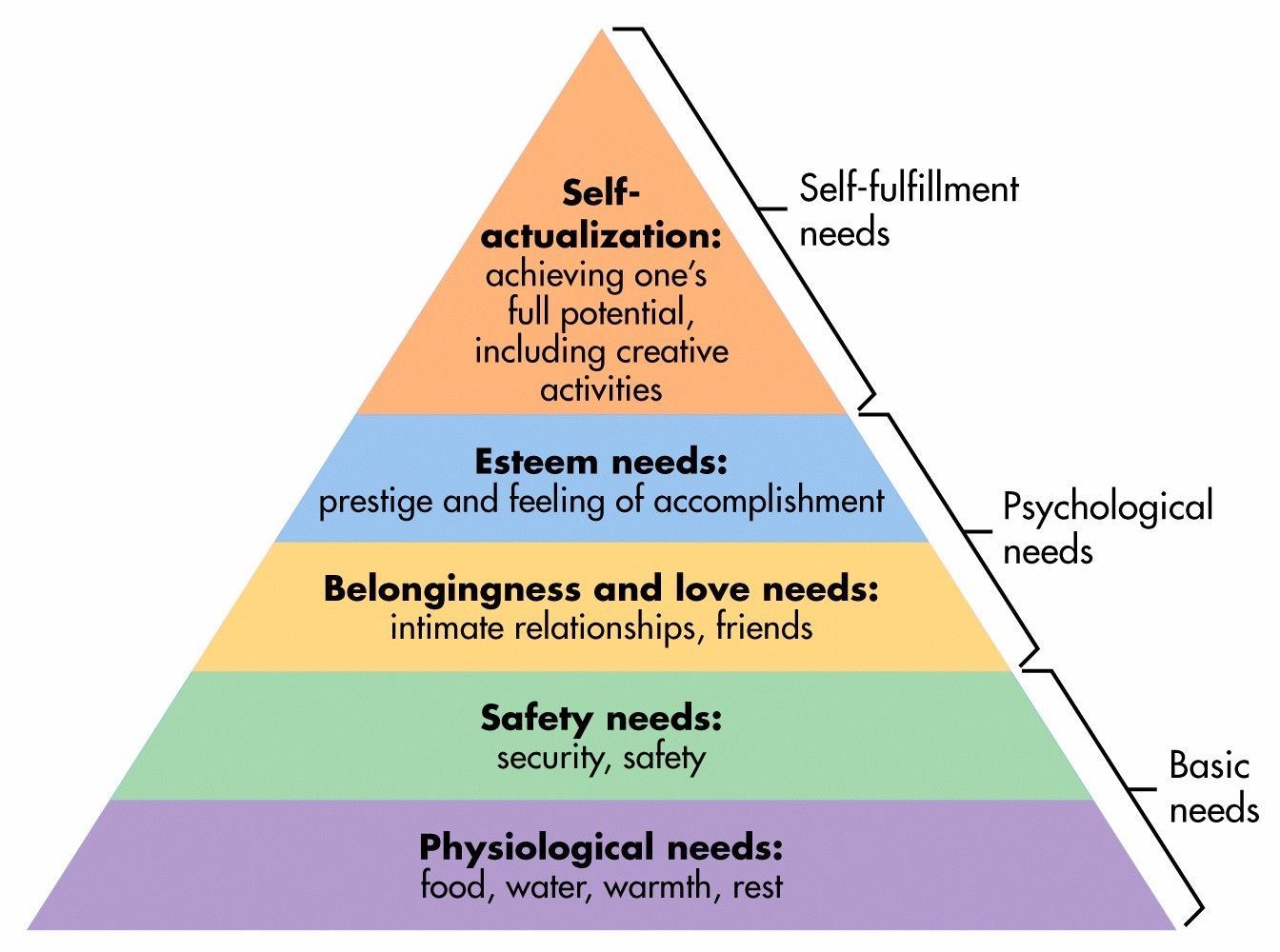Self-Actualization and The Call to Create Change
Self-Actualization and The Call to Create Change
In a world where politics and social issues are percolating with increasing chaos, what can one individual human being do to create positive change?
Looking back through history at previous periods of social and political unrest, we seem to have a habit of thinking of these movements as some kind of phenomenon that took the power of large groups of organized people with a common goal, but we rarely stop to consider that these movements usually started when one individual decided that they wanted to do something in reactive protest to the times: One person who started conversations with as many people as they could until they found themselves in ongoing conversation with a growing group of people.
We rarely stop to consider that these movements usually started when one individual decided that they wanted to do something in reactive protest to the times.
It’s around this stage when revolution starts to take on a life of its own. The people start to organize themselves, not just having these discussions whenever the topic comes up in conversation, but instead making a date, and deciding on a place to meet to talk specifically about whatever socio-political issue gathered them in the first place, with the intention of brainstorming ideas on how to make a statement; a statement that effects real, powerful, positive and lasting change.
The individuals who are responsible for birthing these movements usually are the dreamers, the mavericks or “free-thinkers”– the “creatives” of this world.
It’s become apparent that when a dreamed-of world is characterized as mere fantasy or wishful thinking, a world is characterized as such by those who do not understand the power of the individual. Brene Brown, a researcher on the topics of shame, vulnerability and connection, talks about the difference between being the “critic” who sits on the sidelines picking apart the work of those who dared to be in the arena of life. She actually formed this belief after reading a quote from Teddy Roosevelt:
“It is not the critic who counts: not the man who points out how the strong man stumbles or where the doer of deeds could have done better. The credit belongs to the man who is actually in the arena, whose face is marred by dust and sweat and blood, who strives valiantly, who errs and comes up short again and again, because there is no effort without error or shortcoming, but who knows the great enthusiasms, the great devotions, who spends himself in a worthy cause; who, at the best, knows, in the end, the triumph of high achievement, and who, at the worst, if he fails, at least he fails while daring greatly.”
Photo of Brene Brown by Maile Wilson
Self-Actualization.
Abraham Maslow was an American psychologist best-known for his famous “Hierarchy of Needs”, a theory of psychological health centered on fulfilling essential human needs in order of priority. All depictions of this hierarchy are illustrated by a pyramid, at the base of which lies our “physiological needs” – air, water, food, sex, sleep, clothes, and shelter. Immediately above these are “safety needs” – health, personal security, emotional security, and financial security, followed by “love and social belonging needs” – family, friendship and intimacy, then, “esteem needs”. Most people have a need for a stable esteem predicated on real capacity or achievement. Maslow noted two kinds of “esteem needs”: the “lower” version – status and recognition from others, and the “higher” version, self-respect, inner strength, competence, mastery, self-confidence, independence, and freedom. It’s important to note at this juncture that Maslow emphasized that these levels of needs were not separate from one another, but rather closely, even intrinsically, linked!
Then above that, we have “cognitive needs” creativity, foresight, curiosity, and meaning. Those people who enjoy doing things that necessitate deliberation and brainstorming find they have a larger and deeper need for cognition, a deeper need to use their cognitive powers to penetrate further into understanding, in contrast to those who are not motivated, nor able to see the purpose in collective intellectual deliberation and brainstorming. They instead seem to be satisfied with a much lower requirement and need for said cognitive abilities and even can be rather dismissive of those who aren’t.
Self-actualization is, at its core, the step-by-step process of gaining mastery over all the previous levels without which self-actualization is not achievable.
The next rung up in the hierarchy is “aesthetic needs”. To move further toward Self-Actualization, human beings need beautiful imagery and aesthetically pleasing experiences. We need to baptize ourselves in nature’s beauty and wonder, giving keen attention to and really taking in all our surroundings so as to take in all the beauty in the world that they observe and allow it to permeate their souls! This higher-level need to connect with nature results in an ingratiating and alluring sense of deep closeness and ‘oneness’ with the earth and all that it has to offer us!
This brings us to the highest rung in the hierarchy – and the focus of this article, “self-actualization”. When talking of self-actualization, Maslow himself remarked that “what a man can be, he must be.” This is the level at which an individual begins to realize their personal potential. Those individuals who have achieved this level of the hierarchy find themselves with this deep-seeded desire to accomplish all that they possibly can, to become the absolute best versions of themselves.
Maslow explains that “to understand this level of need, a person must not only succeed in the previous needs, but master them.” Self-actualization is, at its core, the step-by-step process of gaining mastery over all the previous levels without which self-actualization is not achievable.
Photo of Abraham Maslow
Integration of the Shadow
A psychiatrist and psychoanalyst, Carl Jung, built upon the Freudian concept of the shadow. The shadow is the culmination of all, both positive and negative aspects of the self and the ego, and for one reason or another, without integration the shadow either rejects these traits and aspects of oneself, or simply remains willfully ignorant of them. This results to varying degrees, in people having a negative response, a display of disdain towards another person who is freely exhibiting some character trait that the person on some level recognizes within themselves but has yet to explore, acknowledge, and own it – whether positive or negative, because it is nonetheless ignored or out-rightly dismissed and suppressed – and so to see someone else not only own this trait about themselves but is actively aware of it in themselves and embraces it often results in what is called projection – the suppressed, unintegrated person will find some way to lash out and attack or simply dismiss and ignore and devalue the one who has embraced this aspect of themself.
Photo of Carl Jung
The ‘Cain and Abel’ Parable; “Tall-Poppy Syndrome”
Think of the biblical story of Cain and Abel. For those of you unfamiliar, it centers on two brothers of the same names, who are called by the Israeli God to present an offering. Abel’s offering impresses God; Cain’s does not. Instead of acknowledging in what ways Cain could give an offering to God that is both pleasing and aligned with who Cain really is, not having done the work of self-actualization and shadow integration, Cain views himself as a failure when measured against Abel and his offering, Rather than accepting the difference and finding his own way of making an offering to God, he kills his own brother, Abel, so that the only man left standing is him, and therefore the only offering left standing is his. Having no other offering to be measured against, he assumed that his offering would now be the favored one–that he would be the favored one.
There’s a saying for this phenomenon called “tall poppy syndrome.” It’s the attempt to tear down, devalue, and discredit someone else’s success because, when measured against our own, it does not match the other person’s success. Rather than doing what it takes to learn who we are and what our unique gifts and skills are, we end up projecting a hostile attitude towards those who have done so. We end up being unable to recognize confidence in others, only ever seeing it as arrogance that needs to be checked by us, the ‘critic’ who dares not step foot in the arena, thinking that we need to pull this person down a peg, rather than acknowledge that our insecurities are being exposed by another’s competence.
Tall Poppy Syndrome is the attempt to tear down, devalue, and discredit someone else’s success because, when measured against our own, it does not match the other person’s success.
To avoid doing the work of self-actualization and introspectively turning inward to face down and shine a light on one’s shadow self is to purchase a one-way ticket to a meaningless existence. It is a life led purely by obligation and necessity, which is the perfect breeding ground to become a self-proclaimed expert critic of the life work of those who, in contrast, have done the work to improve themselves. A great passage from the Bible comes to mind: “Work out your own salvation with fear and trembling…you must work out your own salvation, nobody else can do it for you.”
Becoming YOU; Becoming a Fully Actualized Agent of Change
So my challenge to you is this: Do you want to leave a mark on this world? Do you want to create change? Do you have a vision for a better tomorrow, and if so, are you willing to face yourself down in the mirror, sort yourself out, take responsibility for your individual needs, and rise to the heights of a self-actualized individual?
Related: Heal the World?
Maslow's Hieracrchy of Needs
Gallery
Recent Articles
Vinyl Relics: Black Kangaroo by Peter Kaukonen
•
February 21, 2026
Podcast–Carlos Tanner
•
February 18, 2026

Loading...






